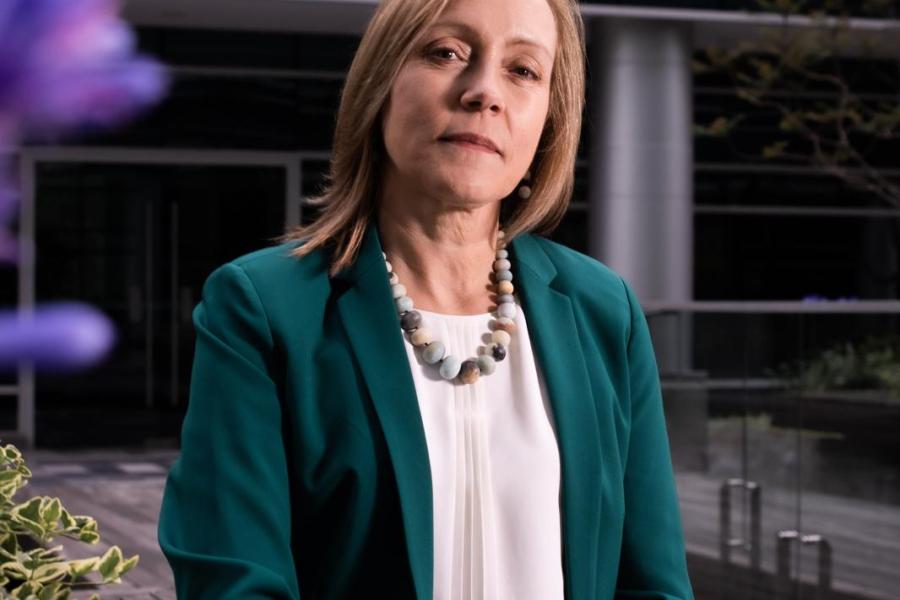A Call to Transform Climate Promises into Action Op-Ed by Matilde Mordt, UN Resident Coordinator in Serbia
28. novembar 2024.
As we step into the aftermath of COP29 in Baku, the urgent call for climate action intensifies amidst substantial financial commitments and pivotal advancements in international carbon markets. Matilde Mordt, UN Resident Coordinator in Serbia, reflects on the transformative potential of these developments and the imperative for Serbia, and the world, to accelerate their transition to a sustainable future.

As the COP29 concludes in Baku, we find ourselves grappling with the pressing climate challenges of our era, amidst rising emissions and unprecedented environmental crisis. This is a crucial moment, demanding swift and united efforts to ensure the future well-being of our planet.
Key in Baku was the ambitious Baku Finance Goal, which sets out a goal of scaling up climate finance to $1.3 trillion for developing nations by the year 2035. Central to this goal is a commitment from developed countries to mobilize at least $300 billion annually. However, even though it triples the current commitment, it is far below what developing countries were demanding.
Likewise, real impact of this financial commitment rests on its execution. To what extent these funds are distributed as grants, rather than loans, will test our collective resolve to uphold global responsibility and equity. To turn these pledges into effective climate justice, it is vital that the funds reach those most in need without further straining debt-ridden nations that have contributed marginally to GHG emissions.
COP29 also marked significant advancements in standard setting of international carbon markets, after a decade-long negotiation on Article 6. These markets promise to alter the global climate finance landscape, with projections of up to $1 trillion per year by 2050. When combined with the Baku Finance Goal, these initiatives mark a pivotal shift in directing investment towards the developing world.
The capitalization of the Fund for Loss and Damage, totaling $730 million, marks another step forward. This will provide support to small island states and least-developed countries that bear the brunt of severe climate impacts.
However, amidst these achievements, we are not blind to the gaps. As echoed in the Secretary-General’s closing remarks, the outcomes are foundational, not final. The ambition seen in financial commitments must be paired with urgent implementation.
As COP29 concludes, the global gaze shifts forward to COP30 in Brasil, where the stakes will be even higher. The work and compromises that defined this year’s conference must now translate into actionable commitments, particularly as we focus on the new generation of Nationally Determined Contributions (NDCs) that each country must deliver. For the world to stay within the vital 1.5°C threshold, more ambitious action plans are necessary and urgent.
Reflecting on future NDCs, Serbia, like many other countries, must substantially elevate its targets in its upcoming NDC, which is to be submitted in early 2025. This is essential for aligning its ambitions with the global push to phase out fossil fuels and accelerate the transition to renewable energy. This is a path that not only meets our environmental responsibilities but also offers economic opportunities with the growth of green industries.
In this context, international cooperation, heightened ambition, and strategic implementation become even more critical. Our resolve as a global community is being tested, but with unwavering commitment, we can transform intentions into tangible impacts. The journey continues, driven by our collective determination to meet the essential goals for a healthier, more equitable planet.






